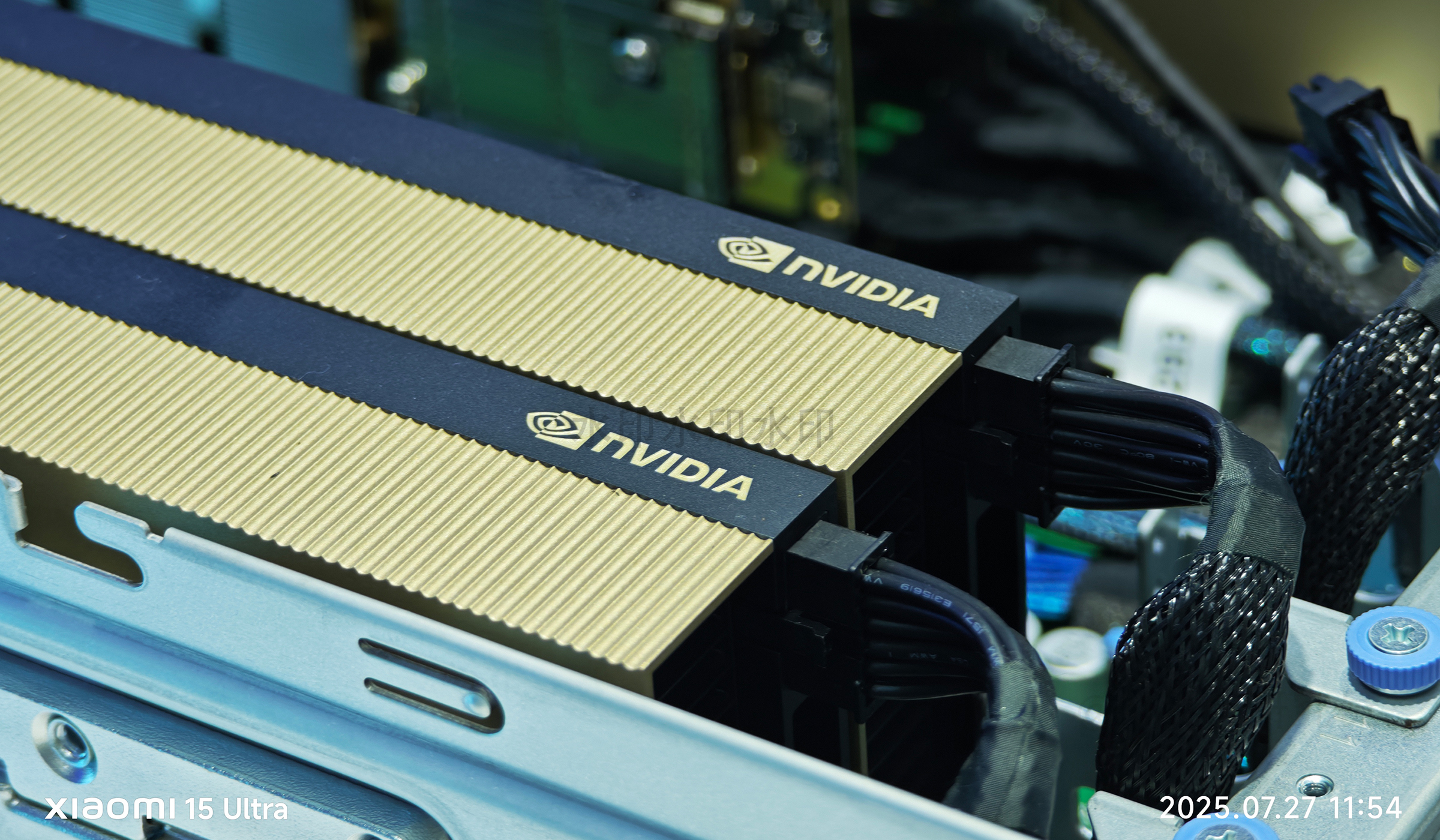
AsianFin -- Nvidia Corp. pushed back on Tuesday against accusations from Chinese regulators that its data center GPUs for artificial intelligence are embedded with hardware “kill switches” that could remotely disable the chips.
“Nvidia GPUs do not and should not have kill switches and backdoors,” David Reber, the company’s Chief Security Officer, wrote in a blog post published early Tuesday.
The statement follows a request from China’s Cyberspace Administration (CAC) last week, demanding Nvidia submit technical documents related to what it described as security vulnerabilities in the H20 — a data center AI chip designed specifically for the Chinese market. The CAC raised concerns about potential “backdoor” risks, according to the New York Times.
The episode underscores how Nvidia is navigating growing geopolitical scrutiny, even as its AI accelerators remain crucial to tech giants and governments worldwide. In Washington, lawmakers have floated legislation that would mandate location-tracking systems in advanced AI chips subject to export controls, further escalating the debate over AI-related national security risks.
The U.S. has already imposed export restrictions on certain Nvidia GPUs to China, citing fears they could bolster Beijing’s AI capabilities or military modernization. Nvidia CEO Jensen Huang has publicly argued that it is in America's interest for Nvidia’s hardware to become the global standard for AI computing — including among Chinese developers — rather than ceding ground to alternative suppliers.
Despite the restrictions, Nvidia’s H20 chip remains a multibillion-dollar product line. The company has not disclosed exact revenue figures but has said that recent U.S. export bans on H20 shipments to China reduced its projected quarterly sales by as much as $8 billion. In July, the Biden administration announced a waiver allowing some shipments to resume.
Reber’s blog post emphasized that hardwiring kill switches or secret backdoors into chips would introduce critical vulnerabilities, making them susceptible to exploitation by malicious actors. “Backdoors violate the fundamental principles of cybersecurity,” he wrote, arguing that such flaws pose a greater risk to U.S. national security than to potential adversaries.
“Hardwiring a kill switch into a chip is something entirely different: a permanent flaw beyond user control, and an open invitation for disaster,” Reber warned. “It’s like buying a car where the dealership keeps a remote control for the parking brake — just in case they decide you shouldn’t be driving.”
Nvidia declined to comment beyond the contents of the blog post.
The debate over backdoors is not new in Silicon Valley. Apple Inc., for instance, has long resisted government demands to create such access points, citing user privacy and systemic security risks.
Michael Kratsios, director of the White House Office of Science and Technology Policy, confirmed that Washington is collaborating with industry leaders to explore integrating location-tracking capabilities into AI chips. Speaking at the APEC Digital and AI Ministerial Meeting, Kratsios emphasized that adding such features is central to the U.S.’s tech protection framework, though he noted no direct talks had yet occurred with Nvidia or AMD.
Nvidia’s latest rebuttal draws historical parallels to the failed Clipper chip initiative by the U.S. National Security Agency in the 1990s, which sought to implement government-accessible backdoors into encryption hardware. “The cybersecurity community learned a painful lesson—hardwiring vulnerabilities into hardware is a mistake that undermines trust, security, and economic interests,” the company said.
Reber stressed that adding hardware kill switches would introduce single points of failure, making chips vulnerable to hostile actors. “There is no such thing as a ‘good’ secret backdoor—only dangerous vulnerabilities that must be eliminated,” he said.

The escalating regulatory scrutiny arrives as Nvidia’s dominance in China’s AI chip market faces headwinds. Brokerage firm Bernstein forecasts Nvidia’s share of China’s AI chip market will fall from 66% in 2024 to 54% by 2025, as domestic alternatives close the technological gap. Bernstein also projects China’s AI chip self-sufficiency will rise to 55% by 2027, up from 17% last year.
Nvidia reiterated its commitment to transparent and secure software practices, rejecting comparisons between GPU kill switches and smartphone remote wipe functions. “Unlike optional software features chosen by users, hardcoding a kill switch into a GPU is a permanent flaw beyond user control,” the statement said. “It’s akin to a car dealer installing a remote brake on your vehicle.”
The company warned that mandating hardware kill switches would set a dangerous precedent, weakening global digital infrastructure and eroding trust in U.S. technology. “Deliberately weakening critical infrastructure should never be a policy tool,” Nvidia said. “These are not, and never will be, ways to build trusted systems.”
更多精彩内容,关注钛媒体微信号(ID:taimeiti),或者下载钛媒体App

